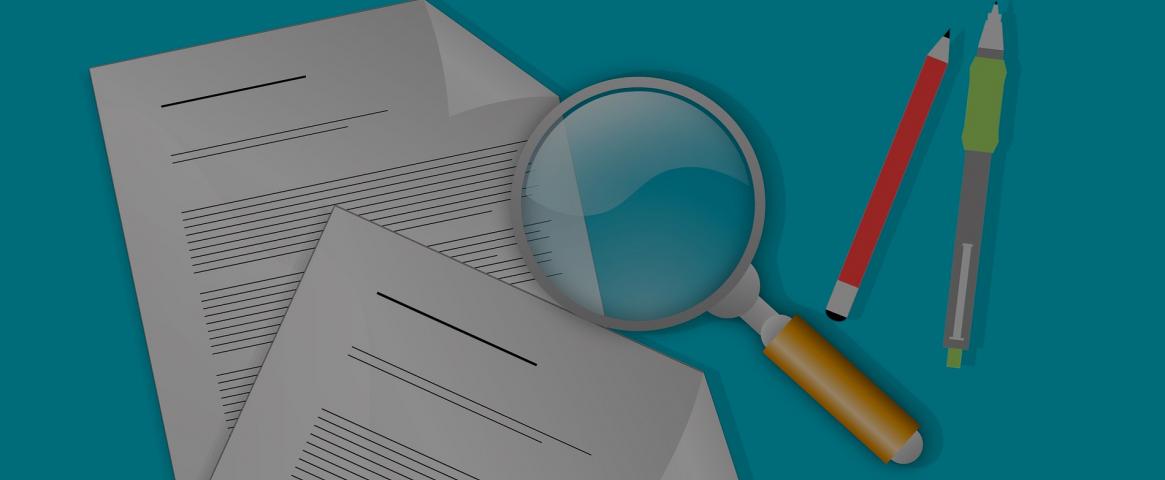By Chia-Yi Hou
The ScienceWriters2019 session “Full disclosure: Reporting on scientists' conflicts of interest,” tackled how journalists should find and investigate potentially problematic conflicts of interest (COI).
COI may range from scientists receiving financial or material donations to investing in or starting companies to profit from their discoveries. This could signal that the results of their research may have been influenced by that relationship. In this session, panelists talked about what that means when you are reporting about that research, what are best practices when talking to researchers about COI, and how investigating COI can sometimes lead to surprising stories.
Katie Palmer, science editor at Quartz, and Sarah Scoles, a freelance journalist, organized the session, with Scoles serving as moderator. Panelists included Liza Gross, a freelance journalist and author, Stephanie M. Lee, a science reporter at BuzzFeed News, Genevieve Kanter, an assistant professor at the University of Pennsylvania, and Vanessa McMains, senior media relations representative at Johns Hopkins Medicine.
The Office of Research Integrity, a U.S. government agency, defines a COI as: “When two or more contradictory interests relate to an activity by an individual or an institution. The conflict lies in the situation, not in any behavior or lack of behavior of the individual. That means that a conflict of interest is not intrinsically a bad thing.”
Journals may not investigate COI, and COI statements at the end of papers may not include everything. So, as a journalist, it’s important to ask about the details of the relationships. “Get to a granular level” when asking about what funding has paid for, said Lee. For example, reporters could ask about whether the funding paid for materials, travel to conferences, or if the company provided consumables.
Lee also suggests looking through the researcher’s CV for past relationships that may be problematic. For example, Lee wrote a story showing that research about the health benefits of eating pasta was associated with the pasta company Barilla. The company didn’t fund the study in question directly, but the study authors were coauthors on previous studies about the health benefits of pasta that were partially funded by Barilla.
Another way to investigate is looking into lobbying records. You can see if a company is pushing for certain laws on a state or federal level. Databases of documents and contracts, like Truth Tobacco Industry Documents, are also good sources of information. And there’s also the option of filing a Freedom of Information Act request if there is more information that you would like access to.
A key message was that COI are inherently knotty and researchers may not see a COI as a problem. Funding for research is tight, and often scientists are looking for ways to get the work done. Sometimes that may mean partnering with industry or funders that may have a stake in the work. Researchers may not be able to view their situation objectively and know whether a potential conflict may compromise the integrity of the work, but that is not to say that they are automatically compromised.
Download the session slides at this link for more resources and examples.
Chia-Yi Hou is a freelance science writer based in New York and a recipient of a 2019 NASW Travel Fellowship. Follow her on Twitter @chiayi_hou.


